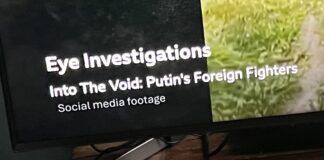- Eyes right… - 26th February 2026
- Opposites attract - 26th February 2026
- Upset coffee - 25th February 2026
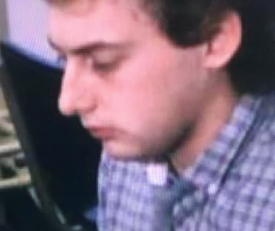
During 23 years with the BBC, and 39 years in journalism (when he was trained to use clear, simple language, avoiding jargon), working in a free environment has always been critical for our Editor, Welshman Phil Parry, and here he looks at how details about the crisis in Russia caused by the mutiny of Yevgeny Prigozhin’s troops have largely come from social media, as an independent press operates only secretly there.
Earlier he described how he was assisted in breaking into the South Wales Echo office car when he was a cub reporter, recalled his early career as a journalist, the importance of experience in the job, and made clear that the‘calls’ to emergency services as well as court cases are central to any media operation.
 He has also explored how poorly paid most journalism is when trainee reporters had to live in squalid flats, the vital role of expenses, and about one of his most important stories on the now-scrapped 53 year-old BBC Wales TV Current Affairs series, Week In Week Out (WIWO), which won an award even after it was axed, long after his career really took off.
He has also explored how poorly paid most journalism is when trainee reporters had to live in squalid flats, the vital role of expenses, and about one of his most important stories on the now-scrapped 53 year-old BBC Wales TV Current Affairs series, Week In Week Out (WIWO), which won an award even after it was axed, long after his career really took off.
Phil has explained too how crucial it is actually to speak to people, the virtue of speed as well as accuracy, why knowledge of ‘history’ is vital, how certain material was removed from TV Current Affairs programmes when secret cameras had to be used, and some of those he has interviewed.
He has disclosed as well why investigative journalism is needed now more than ever although others have different opinions, how the coronavirus (Covid-19) lockdowns played havoc with media schedules, and the importance of the hugely lower average age of some political leaders compared with when he started reporting.
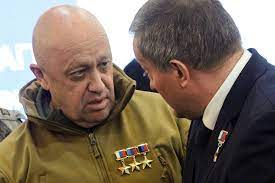
It has been incredibly hard to work out what is actually going on.
The rebellion of Yevgeny Prigozhin’s Wagner Group has, among many other things, highlighted the importance of having a free and independent press, because virtually all the details about it came from social media.
This has been emphasised now by news that one of the totally unreliable sources of biased information has been shut down, came out (of course) on SOCIAL MEDIA!

Following his failed mutiny, Mr Prigozhin closed down his St. Petersburg-based holding, Patriot Media Group, which he founded in 2019, encompassing the Internet Research Agency (widely known as a ‘troll factory’ which conducted online influence operations to advance Russia’s business and political interests abroad).
All of the dozens of media outlets under Patriot’s umbrella, including RIA FAN, People’s News and Economics Today, were to be permanently shut, according to information published by the Telegram news channel Mash.

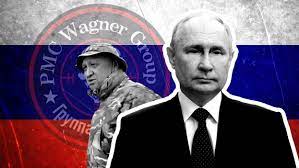
It was clear that Mr Prigozhin (who is a convicted criminal and former chef to Vladimir Putin when they became close), as well as Wagner had enjoyed a considerable bounty from Russia. Mr Putin has said that Moscow had paid them around $1 billion over the past year. But reporting the scale of the rebellion, and the damage to Russia’s war effort in Ukraine have presented an enormous problem for journalists. Posters often try to pass off pictures from previous conflicts as new kills, and validation is difficult.
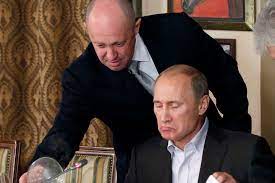
However, some sources have proved reliable. Analysts at Oryx, a Dutch open-source intelligence research group, have done great service in corralling the available information.
The Russian air force’s most significant loss was a four-engined Il-22M ‘Coot’ Airborne Command Post. This is a modified Ilyushin Il-18 airliner, packed with communications and computing equipment to relay data and to allow officers on board to oversee and control operations below. It has a crew of ten, all of whom were reportedly lost when the plane was brought down.
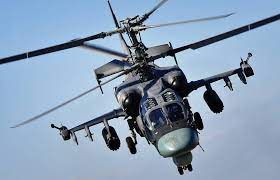
The helicopters lost included one Kamov Ka-52 ‘Hokum-B’ attack helicopter and one Mil Mi-35 ‘Hind-E’ assault helicopter, plus four Mil Mi-8 ‘Hip’ transports. Three of the Mi-8s are said to be rare electronic-warfare variants, equipped to carry out jamming against radar and communications.
However it is notable that all of this comes from a source OUTSIDE Russia which can be relied on.
At least 500 journalists have left Russia since its unprovoked (don’t think otherwise) invasion, according to Proekt Media, an investigative outlet, and are reporting the truth about the country’s disastrous war. They call this “offshore journalism”, and I applaud it. The journalists are scattered across Europe, in cities such as Riga, Tbilisi, Vilnius, Berlin and Amsterdam, where they manage to reach a large audience, and most of them are under the age of 40.

“Our job today is to survive and not let our readers suffocate”, said Ivan Kolpakov, the editor-in-chief of Meduza, a news website. Meduza has reported on the massacre of Ukrainian civilians in Bucha, and the extraordinary number of convicts that have joined Wagner.
Mediazona, an online outlet founded by two members of ‘Pussy Riot’, a punk band, is trying to count the true number of Russian casualties. It has also found an ingenious way to work out how many Russians have been conscripted, by analysing open-source data on the unusually high number of marriages since mobilisation began. (Draftees are allowed to register their marriage on the same day as they are enlisted, and often do, since they don’t know when they will see their partners again). Mediazona estimates that half a million people have already been drafted—far more than the 300,000 the Kremlin said would be.
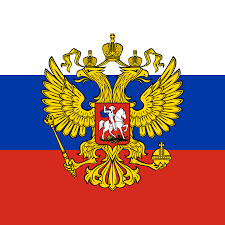
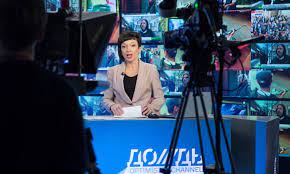
tv Rain, Russia’s best known independent television channel, went dark eight days after the war started. Echo of Moscow, a radio station with five million listeners, became silent on the same day.
Soon after that, Novaya Gazeta, the most outspoken newspaper in Russia, stopped printing. Alexei Venediktov, the editor of Echo, and Dmitry Muratov, the Nobel prize-winning editor of Novaya Gazeta, stayed in Russia while some of their former colleagues set up operations offshore.

tv Rain is back on air, now based in Latvia and broadcasting via YouTube to 20 million viewers a month (although it has been ordered to shut its terrestrial output by the media regulator), most of them inside Russia. Echo is in Berlin, streaming news and talk-shows live via a new smartphone app, which the Kremlin tried but failed to block.
Roman Dobrokhotov, who runs The Insider said: “There is plenty of demand for investigative journalism, there are people who know how to do it and there is no shortage of subjects to investigate”.
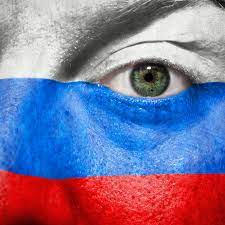
Officials never liked the sort of investigative reporting such as I undertake, but the Kremlin did once tolerate niche media. Since February last year, though, it has built great walls around the truth, closing some 260 publications.
Twitter, Facebook and Instagram are now blocked, accessible only via VPN proxies. Laws ban discrediting the Russian army (punishable by fines) or publishing ‘fake news’ (punishable by prison).
But people are getting round these laws, and even within Russia there is ground for hope, for example a new documentary film by independent journalist Jake Hanrahan has shed light on the “partisan” fight against the Kremlin.

He has produced a YouTube film, which interviewed two members of an ‘anarcho-communist’ group known as BOAK, whose aims were vague and unrealistic before the invasion of Ukraine.
Fires that broke out across Russia were blamed on Ukrainian saboteurs and even Western intelligence operatives, according to Radio Free Europe, but Mr Hanrahan suggested it showed that a “large-scale, active resistance inside Russia” is now active.

In his film, the members of BOAK tell him: “Partisan attacks have happened from Kaliningrad, in the west of Russia, to Vladivostok, which is in the far east of Russia. All over Russia. Almost in every big city and in small ones”.
A list criminalises any discussion of over 60 sensitive subjects, from the numbers of Russians killed in action to the country’s mobilisation campaign, and anyone who wants an alternative view has to search hard for it. It is difficult to find a VPN that the security services haven’t already blocked.

The fact that there is now a free media (although largely outside the country), should be saluted, however it is WRONG that they had to leave Russia IN THE FIRST PLACE, and it only shines the spotlight on how difficult it is to report the facts.
Like the rebellion in Russia…
The memories of Phil’s astonishing 39 year award-winning career in journalism (including some of the stories he covered during his 23 years at the BBC) as he was gripped by the rare neurological disabling condition, Hereditary Spastic Paraplegia (HSP), have been released in a major book ‘A GOOD STORY’. Order the book now!
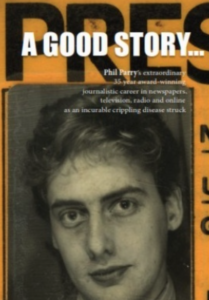
Regrettably publication of another book, however, was refused, because it was to have included names.
Tomorrow – how revelations about the paedophile behaviour of a serving officer with the biggest police force in Wales, and emphasis from his superior that there is “responsibility”, have shone the spotlight on huge failings, with it being ‘responsible’ for a series of miscarriages, amid mounting concern that a country of only 3.1 million people has FOUR services.









